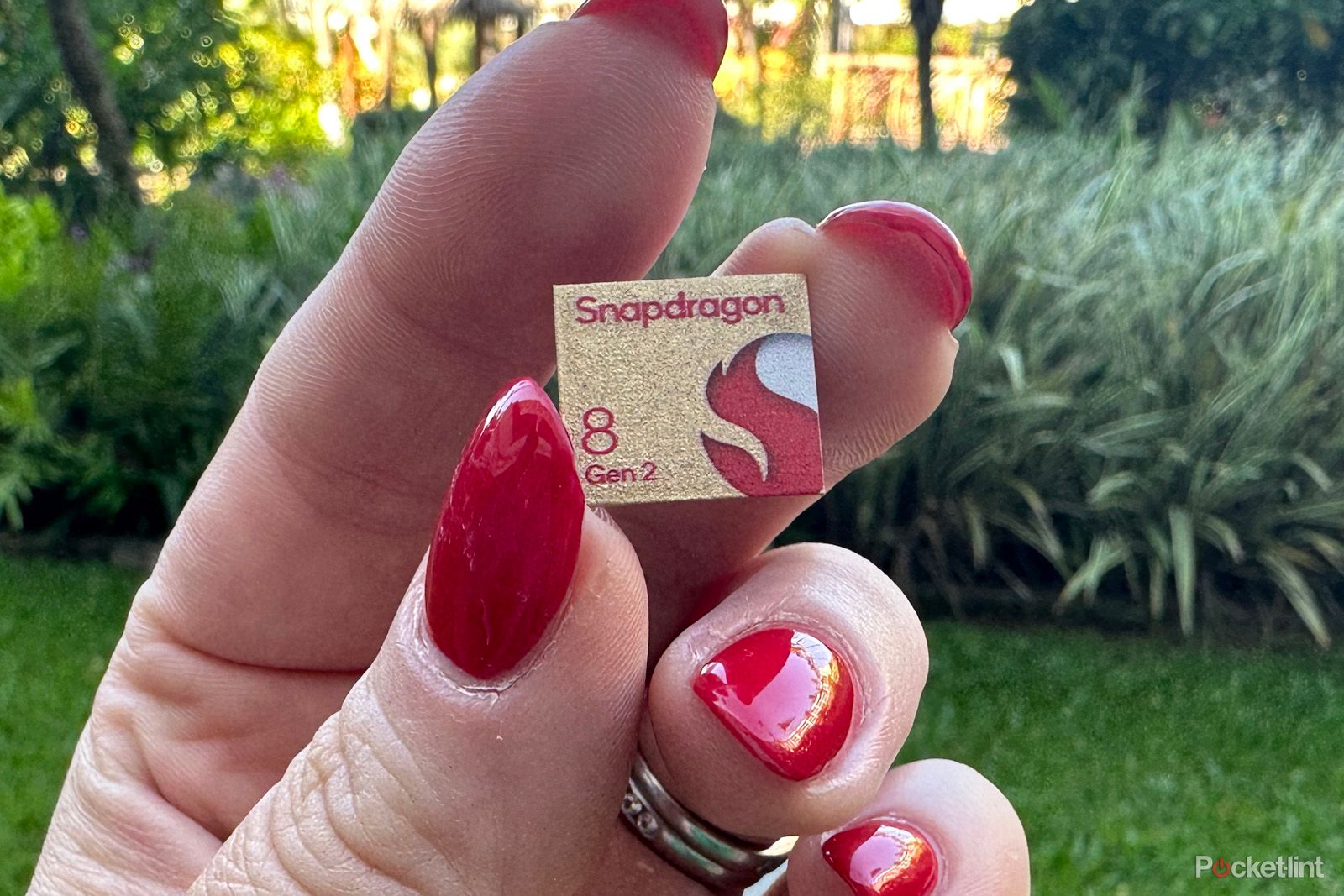Qualcomm, in partnership with Thales, has announced that its Snapdragon 8 Gen 2 system-on-chip (SoC) includes the "world's first" commercially available iSIM technology.
This means phones sporting the processing chipset can do without a physical SIM tray or even eSIM chip on the motherboard, thereby offering the same mobile connectivity for customers and networks, but in a neater, more cost-effective fashion.
In many ways, the end user will not really notice the difference between an iSIM and the already-available eSIM technology - both provide access to a provider's network without the need for a physical SIM. However, Qualcomm expects the adoption of the new tech to be an option for 300 million device owners by 2027. This will include wearables and tablets, it claims.
The technology is already built into the Snapdragon 8 Gen 2 architecture, but has only recently been certified by the GSMA for activation.
Thales, which also developed the eSIM tech, is behind the iSIM standard. It has partnered with Qualcomm and Vodafone to test an iSIM-enabled smartphone in the past - with successful trials taking place in January 2022.
It says that high-end phones will be first to offer iSIM connectivity - which comes as no surprise considering it is currently exclusive to Qualcomm's flagship chipset. Mid-range devices will soon follow though, it expects.
"The world’s first security certification of an iSIM by the GSMA follows several years of intense development work by Qualcomm Technologies and Thales," said Thales Mobile's VP of embedded products, Guillaume Lafaix.
"Alongside the increasingly popular eSIM, the Thales 5G iSIM gives device makers and mobile operators even greater freedom to offer their customers effortless over-the-air connectivity, and more exciting and accessible product designs."
It is understood that there are no plans to replace eSIM in the near feature and the technology will complement it alongside physical SIM cards for the time being.
Of course, it also all depends on whether your network adopts iSIM too. And, if Apple will follow suit with its own chip solutions. We'll keep you informed on which will or won't as we find out more in the coming months.

